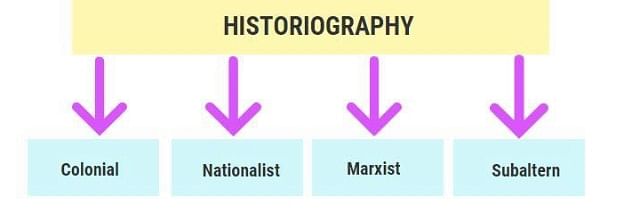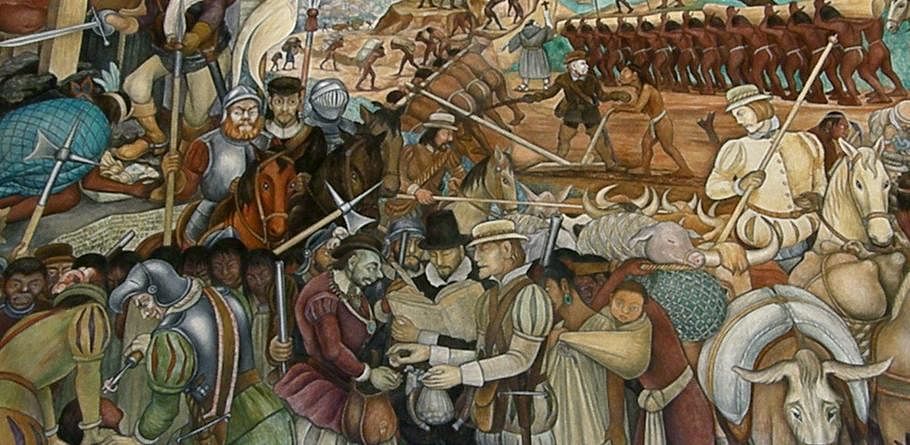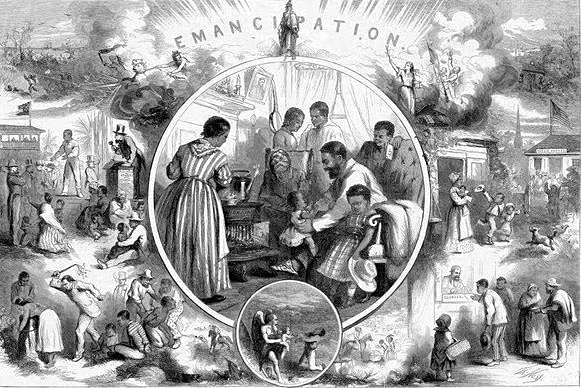UPSC Exam > UPSC Notes > History for UPSC CSE > Spectrum Summary: Major Approaches to the History of Modern India
Spectrum Summary: Major Approaches to the History of Modern India | History for UPSC CSE PDF Download
Introduction
- Historiography (the study of historical interpretation) is essential for recognizing the intellectual context of history beyond mere event narration.
- Modern Indian history can be broadly understood through four main approaches: (i) Colonial (Imperialist)
(ii) Nationalist
(iii) Marxist, and
(iv) Subaltern. Classification of Modern History
Classification of Modern History - Additional approaches such as Communalist, Cambridge, Liberal, Neo-liberal, and Feminist interpretations have also influenced historical writing on modern India.
- The frequency of producing histories of India has increased, necessitating explanations.
- This trend is driven by changes in the Indian landscape requiring a reevaluation of facts and shifts in historians' perspectives on key elements of Indian history.
Colonial Approach/Historiography
- During the 19th century, the Colonial School held a prominent position in India.
- The term 'colonial approach' is used in two ways:
(i) One concerning the history of colonial nations.
(ii) The other regarding works influenced by colonial ideologies of dominance. - Most present-day historians discuss colonial historiography in the latter sense, emphasizing the writing influenced by colonial ideology.
- Historical works by colonial officials often aimed to justify and assert colonial rule, leading to criticism of indigenous societies and cultures.
 Colonial Historiography
Colonial Historiography - These works also praised Western culture, values, and the individuals who built colonial empires.
- Examples like the histories of India by James Mill, Mountstuart Elphinstone, Vincent Smith typify the colonial historiographical trend.
- Common characteristics in the works of these historians include:
- Representation of India as 'Orientalist.'
- Belief that the British brought unity to India.
- Embracing Social Darwinism, where the English saw themselves as superior and most fit to govern.
- Viewing India as a stagnant society requiring British guidance (White Man's burden).
- Establishing Pax Britannica for law, order, and peace in what was seen as a discordant society.
Question for Spectrum Summary: Major Approaches to the History of Modern IndiaTry yourself: Which approach to modern Indian history aimed to justify and assert colonial rule?View Solution
Nationalist Historiography/Approach
- Focuses on fostering nationalist sentiments and unity.
- Aims to unify people across religious, caste, linguistic, and class differences.
- Views the national movement as a response to colonial exploitation.
- Emergence post-1947; earlier focus on ancient and medieval history.
- Economic critique of colonialism by early nationalists like Dadabhai Naoroji.
- Key nationalist leaders contributing to historical narratives.
- Noted modern Indian nationalist historians were R.C. Majumdar and Tara Chand.
Marxist Historiography
- Marxist approach in India initiated by Rajni Palme Dutt's "India Today" and A.R. Desai's "Social Background of Indian Nationalism"
- "India Today" first published in 1940 in England, later in India in 1947.
- "Social Background of Indian Nationalism" first published in 1948.
- Marxist historians contrast with imperialist/colonial approach by emphasizing primary contradiction between colonial masters and subject people.
- They acknowledge nation-building process and inner contradictions within Indian society.
- Rajni Palme Dutt sometimes prioritized class struggle over anti-imperialist struggle.
- Sumit Sarkar critiques Dutt's approach as simplistic Marxian class perspective.
- A.R. Desai identifies national movement growth in five phases based on supporting social classes.
Subaltern Approach/Historiography
- Originated in the early 1980s under Ranajit Guha's editorship.
- Critique of existing historiography for disregarding the voices of the people.
- Believes Indian historiography had an elitist bias.
- Identified basic societal contradiction in colonial India between elites and subaltern groups.
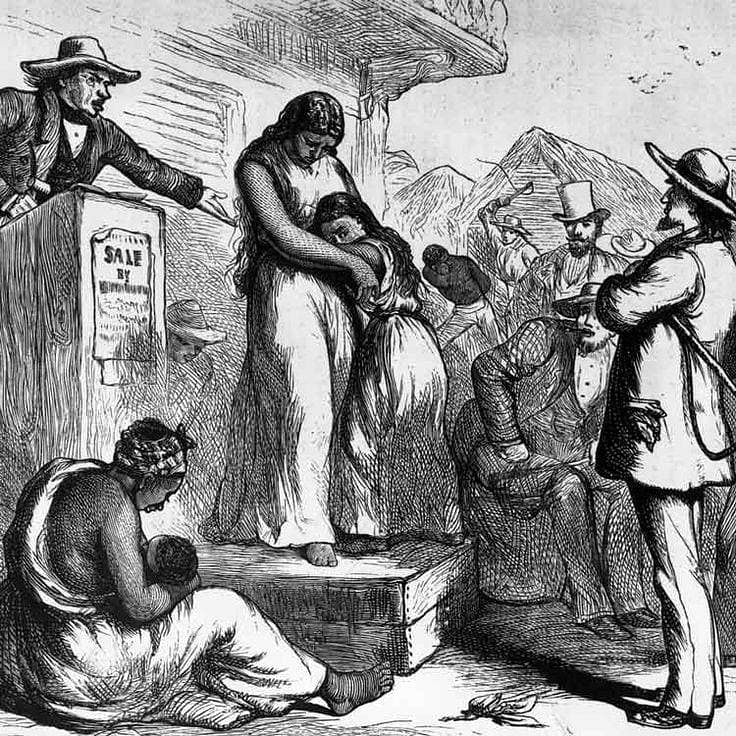 Subaltern Historiography
Subaltern Historiography
- Doesn't align with Marxist theory on nationalist movement exploitation.
- Views nationalism as exploitative along caste, gender, religious, and creed lines.
- Asserts Indian people weren't unified in anti-imperialist struggle.
- States no singular Indian national movement existed.
- Distinguishes between the subalterns' anti-imperialist movement and the elite-led national movement.
- Considers elite-led movements, like Indian National Congress, as power struggles among the elite.
Question for Spectrum Summary: Major Approaches to the History of Modern IndiaTry yourself: What is the main difference between nationalist historiography and subaltern historiography?View Solution
Communalist Approach
- Historians from this school heavily relied on colonial historiography and colonial era textbooks regarding medieval India.
- They perceived Hindus and Muslims as perpetually hostile groups with conflicting and antagonistic interests.
- This perspective, evident in historical writings, escalated in the rhetoric of communal political leaders.
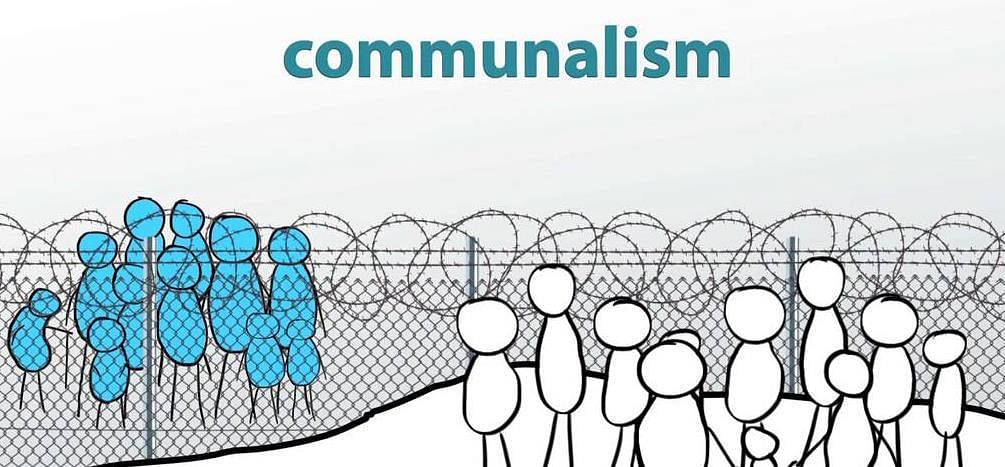
- According to this viewpoint, medieval India's history was predominantly characterized by Hindu-Muslim conflicts.
- Consequently, it was argued that 19th- and 20th-century Muslims nostalgically cherished their historical rule, while Hindus lamented their subjugated past.
- This narrative fueled mutual animosity, leading to frequent communal violence and ultimately culminating in the partition of India.
Cambridge School
- The fundamental contradiction under colonial rule was not between imperialism and the Indian people.
- It was among the Indians themselves.
- Indian nationalism was not a result of the Indian people's struggle against colonial exploitation.
- It arose from conflicts among Indians seeking benefits from British rulers.
- Leaders of the national movement were driven by a quest for power and material gains.
- This perspective has been criticized for devaluing the role of ideals in human behavior and reducing nationalism to 'animal politics'.
Liberal and Neo-Liberal Interpretations
- According to this interpretation, the economic exploitation of the colonies was not beneficial to the British people as a whole.
- The availability of markets for British industrial goods in the colonial world and capital investment in overseas markets (like laying of railways in India) might have actually discouraged domestic investment and delayed the development of the 'new' industries in Britain.
- The proponents of this school of thought are Patrick O'Brian, Hopkins, and Cain.
Question for Spectrum Summary: Major Approaches to the History of Modern IndiaTry yourself: According to the Communalist Approach, what was the perception of Hindus and Muslims in medieval India?View Solution
Feminist Historiography
- The shift in the writing of women's history began with the women's movement of the 1970s.
- This movement provided the context and impetus for the emergence of women's studies in India.
- Women's history evolved into gender history, taking a more complex shape.
- Initially, the focus was on supplementing mainstream history with women's history.
- Efforts were made to research and compile an archive of women's writing.
- An important research area involved analyzing how colonial structures, such as legal systems, impacted women's lives.
 Feminist Historiography
Feminist Historiography - Studies highlighted women's vulnerability due to the lack of ownership of productive resources.
- Progressive laws' influence on gender relations was examined.
- During the colonial period, works like "The High Caste Hindu Woman" (1887) by Pandita Ramabai and "Mother India" (1927) by Katherine Mayo gained international attention.However, there are other approaches — Communalist, Cambridge, Liberal and Neo-liberal, and Feminist interpretations — which have also influenced historical writing on modern India.
The document Spectrum Summary: Major Approaches to the History of Modern India | History for UPSC CSE is a part of the UPSC Course History for UPSC CSE.
All you need of UPSC at this link: UPSC
|
112 videos|473 docs|173 tests
|
FAQs on Spectrum Summary: Major Approaches to the History of Modern India - History for UPSC CSE
| 1. What is the Colonial Approach/Historiography in the study of Modern Indian history? |  |
Ans. The Colonial Approach/Historiography focuses on the perspectives and interpretations of history as seen through the lens of colonial rulers and their impact on India during the colonial period.
| 2. What is the Subaltern Approach/Historiography in the study of Modern Indian history? |  |
Ans. The Subaltern Approach/Historiography emphasizes the voices and experiences of marginalized groups, such as peasants, laborers, and tribal communities, in the history of modern India.
| 3. How does the Nationalist Historiography/Approach view the history of Modern India? |  |
Ans. The Nationalist Historiography/Approach interprets the history of modern India from a nationalist perspective, focusing on the struggle for independence and the contributions of freedom fighters in shaping the nation.
| 4. What is the significance of Marxist Historiography in the study of Modern Indian history? |  |
Ans. Marxist Historiography examines the history of modern India through the lens of class struggle and economic factors, emphasizing the role of capitalism and imperialism in shaping Indian society.
| 5. How does Feminist Historiography contribute to the study of Modern Indian history? |  |
Ans. Feminist Historiography explores the history of modern India from a gender perspective, highlighting the experiences and contributions of women in shaping Indian society and challenging traditional patriarchal narratives.

|
Explore Courses for UPSC exam
|

|
Signup for Free!
Signup to see your scores go up within 7 days! Learn & Practice with 1000+ FREE Notes, Videos & Tests.
Related Searches
